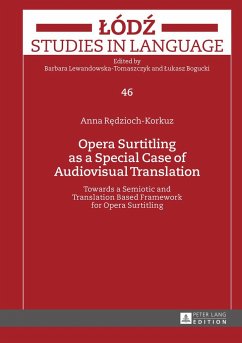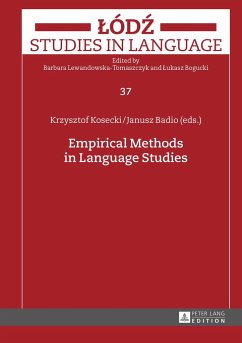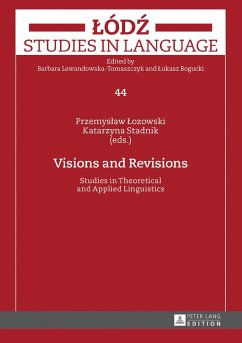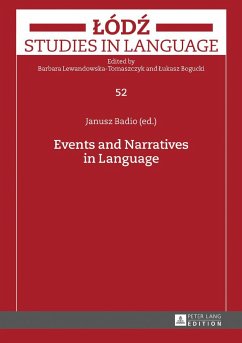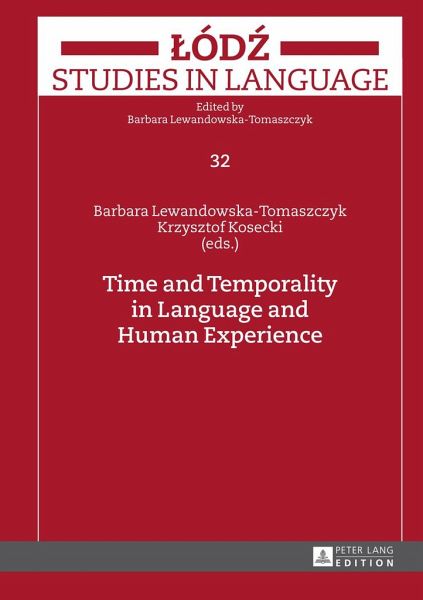
Time and Temporality in Language and Human Experience
Versandkostenfrei!
Versandfertig in 6-10 Tagen
94,05 €
inkl. MwSt.

PAYBACK Punkte
0 °P sammeln!
Culture and language provide two essential frameworks to deal with the concept of time. They view time as observer-determined and thus shed light on multiple and often conflicting temporalities we live in, think, and talk about. Relying on empirical methods, the book explores linguistic and psychological parameters of time perception and conceptualization. It deals, among others, with temporal aspects of language acquisition, neural mechanisms of memory and attention, as well as event structures. Further chapters focus on the understanding of time in philosophy, literature, the arts, and non-v...
Culture and language provide two essential frameworks to deal with the concept of time. They view time as observer-determined and thus shed light on multiple and often conflicting temporalities we live in, think, and talk about. Relying on empirical methods, the book explores linguistic and psychological parameters of time perception and conceptualization. It deals, among others, with temporal aspects of language acquisition, neural mechanisms of memory and attention, as well as event structures. Further chapters focus on the understanding of time in philosophy, literature, the arts, and non-verbal communication.





